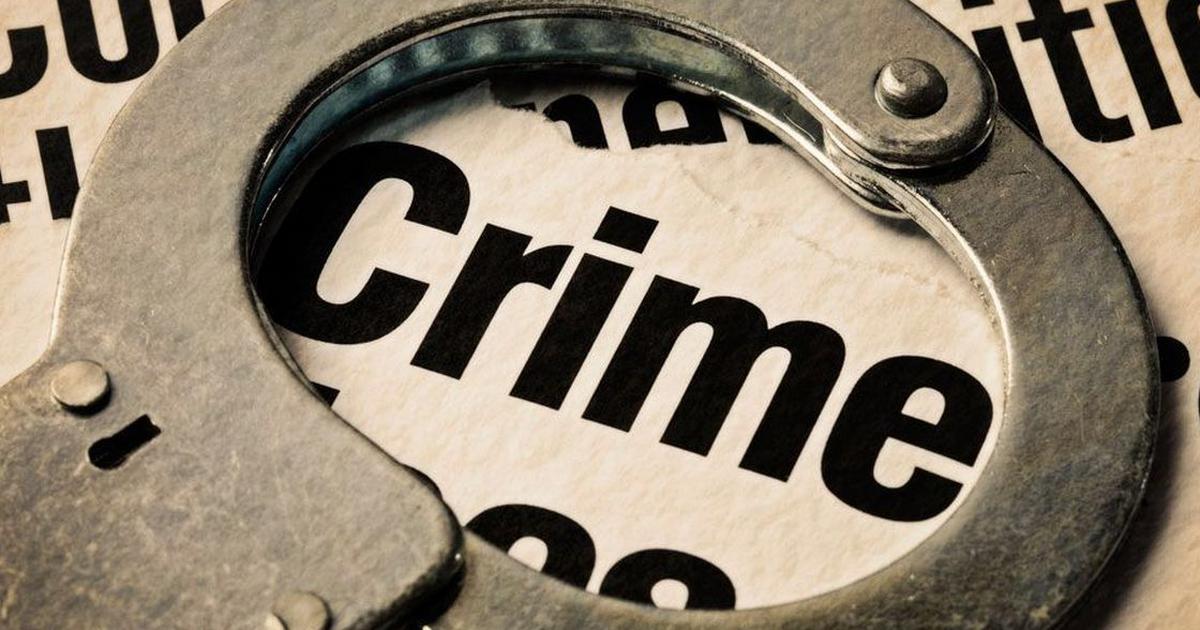Russia has been banned from competing at next year’s Winter Olympics in Pyeongchang by the International Olympic Committee.
But Russian athletes who can prove they are clean would be allowed to compete in South Korea under a neutral flag.
It follows an investigation into allegations of state-sponsored doping at the 2014 Games hosted by Russia in Sochi.
“This should draw a line under this damaging episode,” the IOC said.
The decision has been widely condemned in Russia, with some politicians urging a boycott of the Games, though other officials have welcomed the chance for ‘clean’ athletes to take part.
IOC president Thomas Bach and his board – who made the announcement in Lausanne on Tuesday – came to the decision after reading through the findings and recommendations of a 17-month investigation headed up by the former president of Switzerland, Samuel Schmid.
The Russian Olympic Committee (ROC) has been suspended but the IOC said it will invite Russian clean athletes to compete in February under the name ‘Olympic Athlete from Russia’ (OAR).
Despite repeated Russian denials, the Schmid report has found evidence of “the systemic manipulation of the anti-doping rules and system” which back up previous allegations of government involvement in cheating in the run-up to and during the Winter Olympics almost four years ago.
Bach said: “This was an unprecedented attack on the integrity of the Olympic Games and sport. This should draw a line under this damaging episode and serve as a catalyst for a more effective anti-doping system.”
The Games in South Korea, which start on 9 February, will now be without one of the powerhouses of Olympic sport.
Why is Russia’s Olympic Committee banned?
This entire investigation was instigated by whistleblowing doctor Grigory Rodchenkov, who was director of Russia’s anti-doping laboratory during Sochi 2014.
He alleged the country ran a systematic programme of doping and claimed he had created substances to enhance athletes’ performances and switched urine samples to avoid detection.
The World Anti Doping Agency (Wada) enlisted the services of Canadian law professor and sports lawyer Dr Richard McLaren to look into the allegations.
The McLaren report concluded 1,000 athletes across 30 sports benefitted from the doping programme between 2012 and 2015.
Wada obtained what it said was a Russian laboratory database which it felt corroborated McLaren’s conclusions, while re-testing of Russian athletes’ samples resulted in a host of retrospective bans and stripping of medals.
Last week, another IOC commission, led by Swiss lawyer Denis Oswald, gave its full backing to evidence provided by Dr Rodchenkov.
What else has the IOC ruled?
As well as the Olympic Committee ban, the IOC has also decided to ban Russia’s deputy Prime Minister and former Sports Minister Vitaly Mutko from all future Olympic Games. He is currently the lead organiser for the 2018 World Cup, which is being staged in Russia next summer.
In his report to the IOC executive board, Schmid says Mutko, as the then minister for sport, “had the ultimate administrative responsibility for the acts perpetrated at the time”.
Responding to the report, Fifa said the IOC ruling had “no impact” on preparations for the World Cup.
Football’s world governing body added that it “continues to take every measure at its competitions to ensure football remains free from doping” and every player will be tested next summer and “the analysis of all doping samples will be carried out at Wada laboratories outside Russia”.
Other decisions:
No accreditation for any official from the Russian ministry of sport for the Olympic Winter Games Pyeongchang 2018
Former Deputy sports minister, Yuri Nagornykh, is excluded from any participation in all future Olympic Games
Dmitry Chernyshenko, the former CEO of the organising committee Sochi 2014, is withdrawn from the Co-ordination Commission Beijing 2022
ROC President Alexander Zhukov is suspended as an IOC member, given that his membership is linked to his position as ROC president
The ROC is fined 15 million dollars (£11.2 million) to reimburse the costs of the investigations and to contribute to the establishment of the Independent Testing Authority (ITA)
If Russia “respects and implements” what the IOC has called for, the sanctions may be lifted in time for the closing ceremony.
Source: BBC
 News, Politics , Sports, Business, Entertainment, World,Lifestyle, Technology , Tourism, Gh Songs | News, Politics , Sports, Business, Entertainment, World,Lifestyle, Technology , Tourism, Gh Songs |
News, Politics , Sports, Business, Entertainment, World,Lifestyle, Technology , Tourism, Gh Songs | News, Politics , Sports, Business, Entertainment, World,Lifestyle, Technology , Tourism, Gh Songs |







